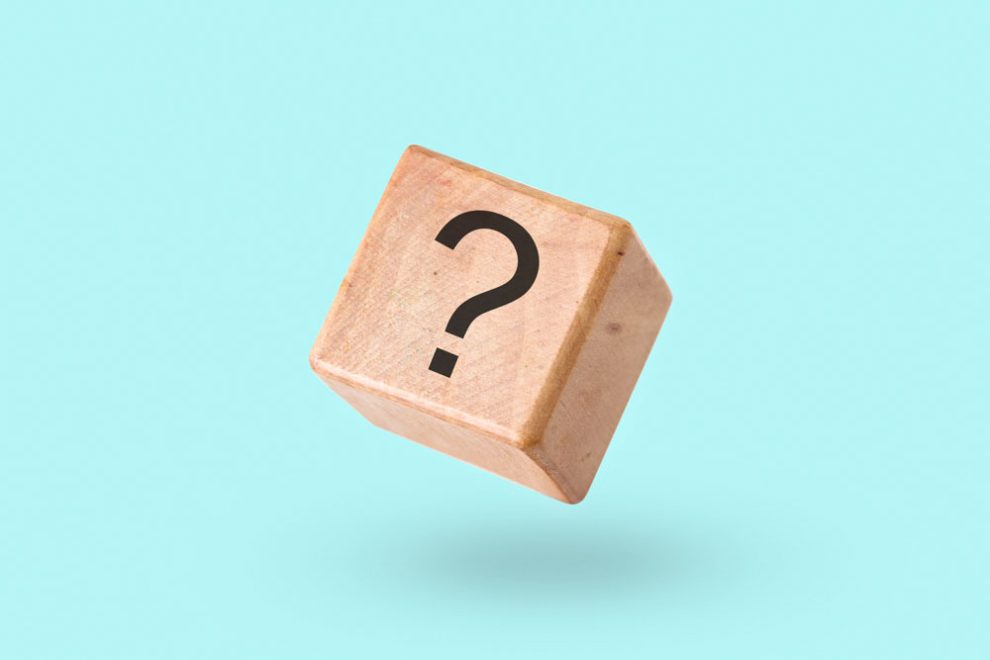Can You Write a Legal Will Without a Lawyer?
A last will and testament is initial documentation in your estate-plan and the ideal way to make your life after death desires known to friends and family members. Not having a legal will, a court and state laws establish your property allocation and minor children’s guardians—not you. Whereas you could complete a DIY will, you…










